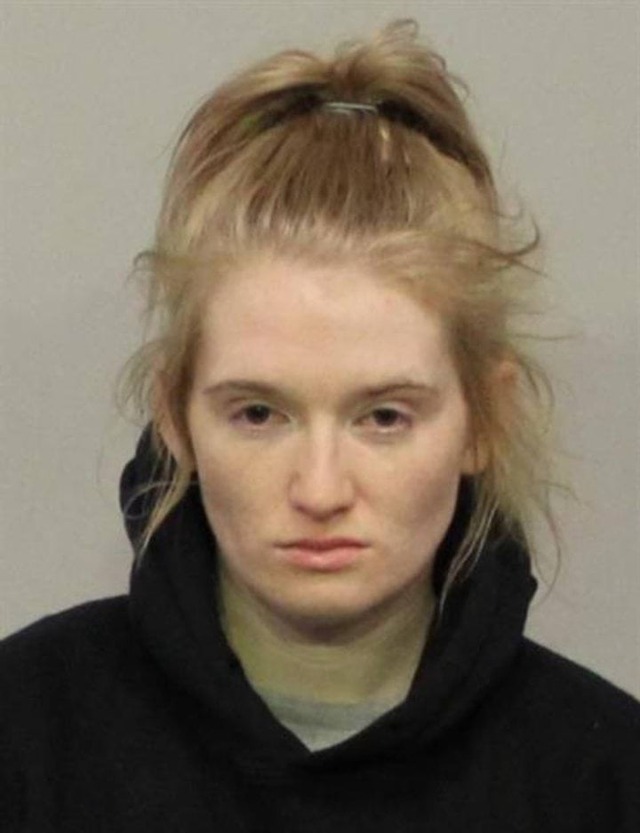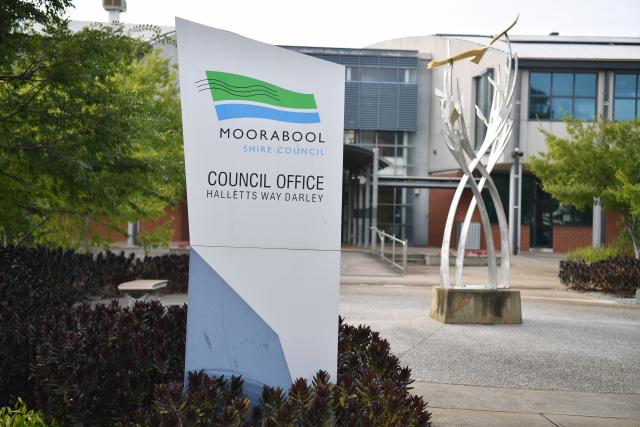Moorabool irrigators will be able to hold on to unused water beyond the current season, with Southern Rural Water preparing to finally introduce an individual carryover system for the Bacchus Marsh and Werribee irrigation districts.
Tabletop Vegetable Company owner Kris Pigott said the proposed move would put water management into each grower’s hands, giving them greater flexibility to ‘‘drought-proof’’ their farms.
“So if next year’s dry, we can account for that and keep control of it,” Mr Pigott said. “We pay 100 per cent of our water allocation each year whether we use it or not, so now we get to use all of the water we pay for.”
Fruit grower Nick Dellios said farmers were now paying for more than they were using. “If I use 50 megalitres in the old system and I’ve paid for 100 megalitres, I leave behind the remaining water that I’ve funded.” He said the new system would create greater demand for farmers to sell their water. “Supermarkets are happy if we can show we’ve got reliable water service; it’s good business practice to guarantee you’ve got water for the next year.”
Southern Rural Water supply manager Ed Smith said the new rules would allow farmers to decide whether to hold, use or trade water when it’s of greatest value to their business. But the move will likely affect allocation patterns. ‘‘So, if in a wet year there’s a large volume of water unused at the end of a season, it will be carried over,’’ Mr Smith said.
‘‘This water is held in the reservoirs and takes up storage space that would otherwise have been used to make a starting allocation in the new season. The starting allocation would be lower under the proposed new system.
“For farmers who use all of their water every year, this would mean they have less water available early in the season. But in most years this would balance out as the season progresses.”
The Bacchus Marsh and Werribee districts are the last irrigation areas in the state to switch to a carryover system.
Southern Rural Water said most irrigators had been supportive of the plans in meetings across the region. Written submissions on the changes close December 6.

















